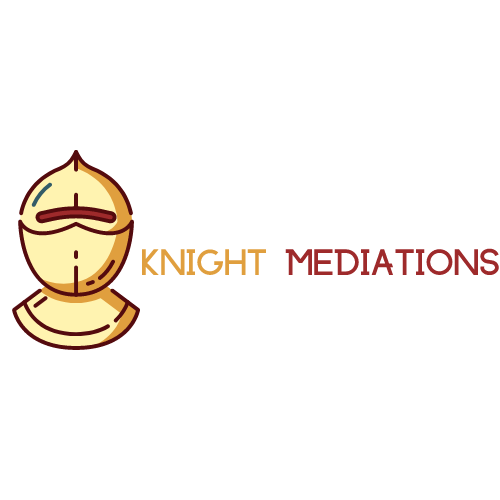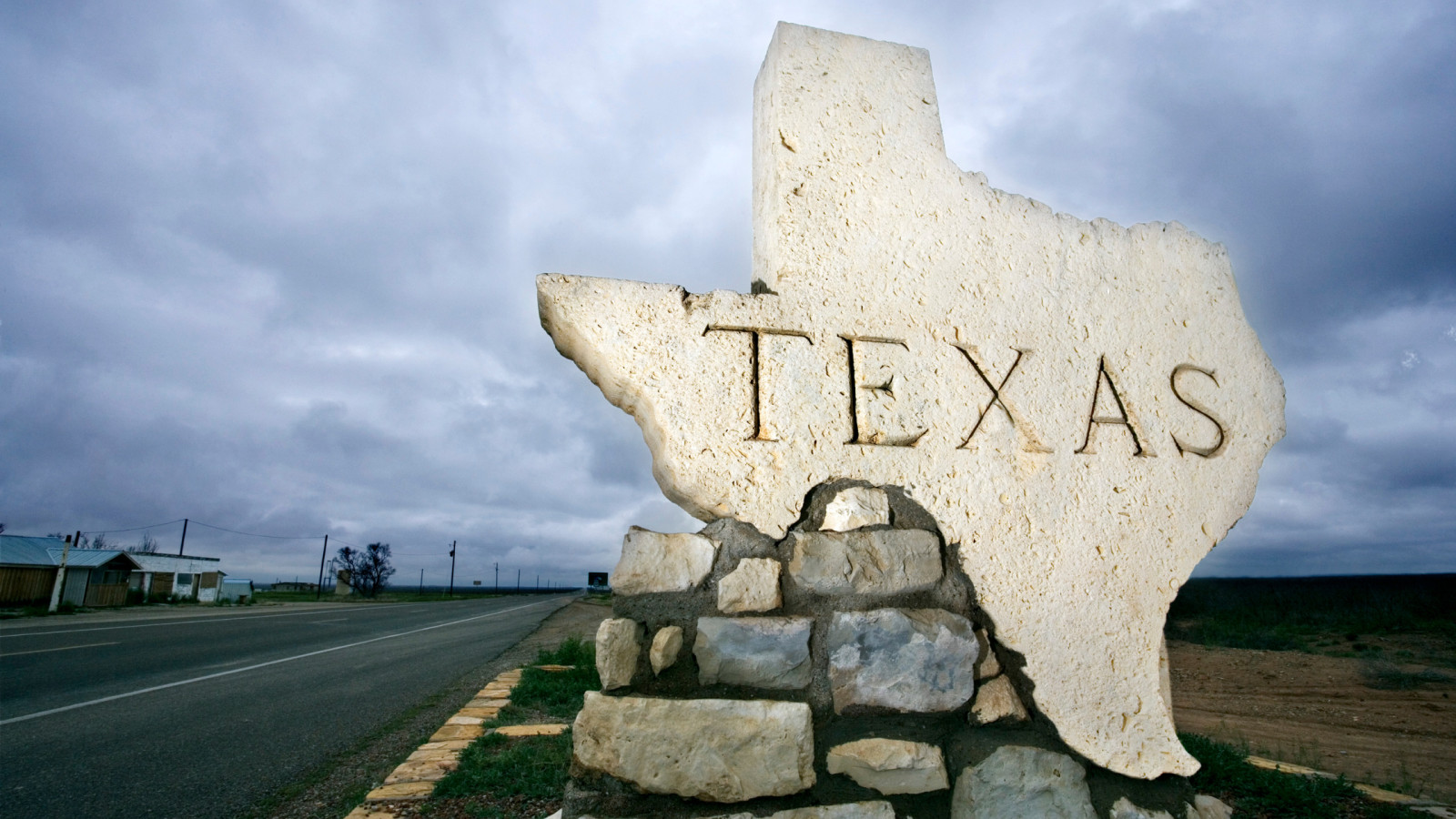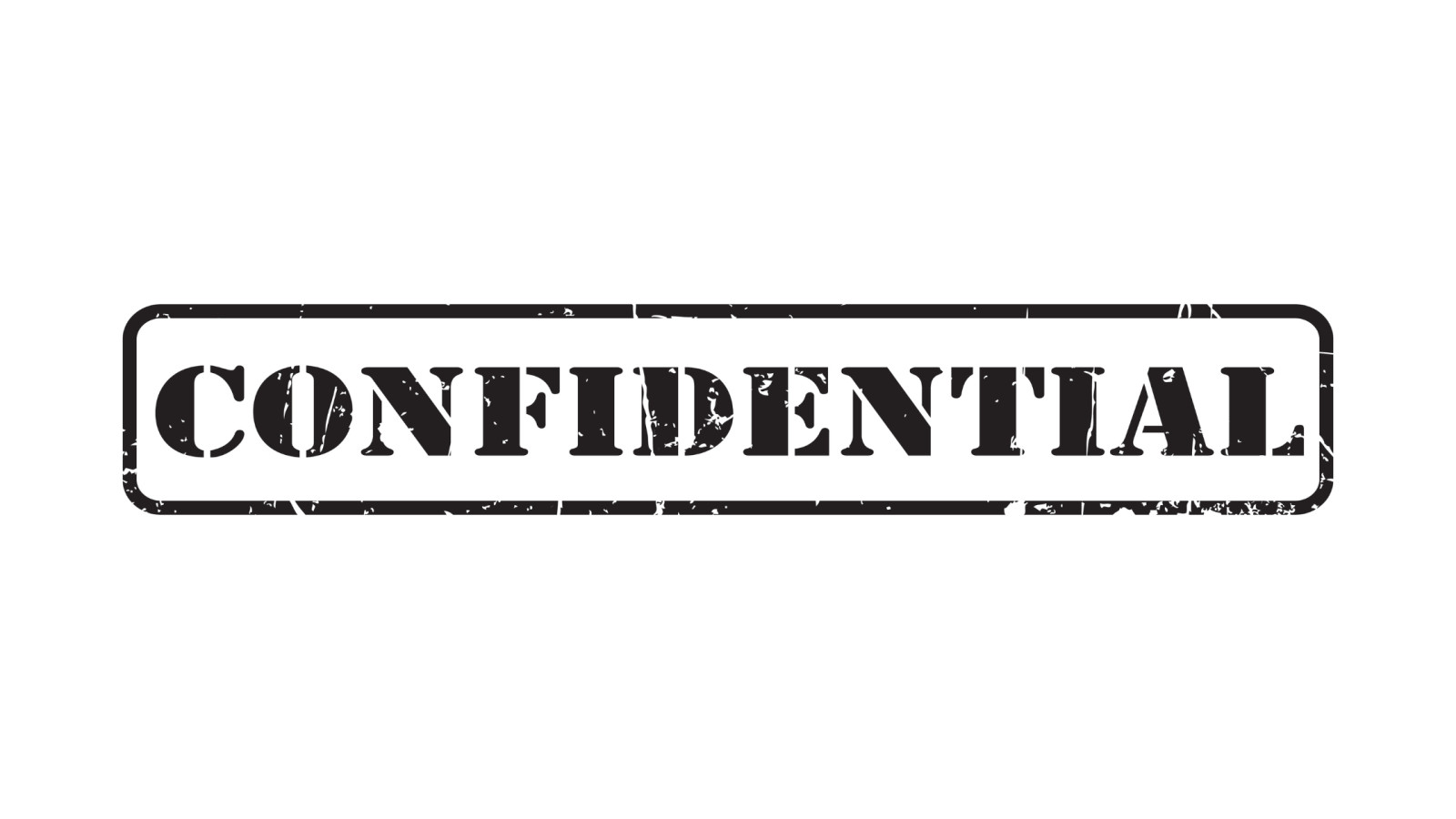
Why Understanding Insurance Jargon is Crucial for Mediators
Mediation is a widely used process for resolving insurance claims. It involves a neutral third party, known as a mediator, who helps facilitate communication and negotiation between the parties involved in the claim. In order for mediation to be successful, it is crucial that all parties have a clear understanding of the insurance jargon that is often used during the process.
Understanding insurance jargon is important in mediation because it allows all parties to effectively communicate and negotiate their claims. Insurance policies and claims can be complex, and the use of technical terms and terminology is common. Without a basic understanding of these terms, parties may struggle to fully comprehend the details of their claim or the proposed settlement. This can lead to misunderstandings, disputes, and ultimately hinder the resolution process.
Understanding insurance jargon is important in mediation because it allows all parties to effectively communicate and negotiate their claims. Insurance policies and claims can be complex, and the use of technical terms and terminology is common. Without a basic understanding of these terms, parties may struggle to fully comprehend the details of their claim or the proposed settlement. This can lead to misunderstandings, disputes, and ultimately hinder the resolution process.
The Role of Mediators in Insurance Claims
Mediators play a vital role in insurance claims by facilitating communication between the parties involved. They act as neutral intermediaries, helping to bridge the gap between insurers and policyholders. Mediators are trained professionals who are skilled in conflict resolution and negotiation techniques.
One of the key responsibilities of a mediator is to create an environment where open and honest communication can take place. They ensure that all parties have an opportunity to express their concerns, needs, and expectations. By actively listening and asking clarifying questions, mediators help to uncover underlying issues and promote understanding between the parties.
Impartiality and neutrality are essential qualities for a mediator to possess. They must remain unbiased throughout the mediation process, ensuring that all parties are treated fairly and that their interests are taken into account. This impartiality helps to build trust and confidence in the mediator's ability to guide the parties towards a mutually agreeable resolution.
One of the key responsibilities of a mediator is to create an environment where open and honest communication can take place. They ensure that all parties have an opportunity to express their concerns, needs, and expectations. By actively listening and asking clarifying questions, mediators help to uncover underlying issues and promote understanding between the parties.
Impartiality and neutrality are essential qualities for a mediator to possess. They must remain unbiased throughout the mediation process, ensuring that all parties are treated fairly and that their interests are taken into account. This impartiality helps to build trust and confidence in the mediator's ability to guide the parties towards a mutually agreeable resolution.
The Complexity of Insurance Terminology
Insurance terminology can be highly technical and complex. Policies are often filled with industry-specific terms that may not be familiar to policyholders or even to some mediators. This complexity can create confusion and misunderstanding, making it difficult for parties to effectively communicate and negotiate their claims.
Insurance terms such as "deductible," "endorsement," and "subrogation" are just a few examples of the jargon that is commonly used in insurance policies and claims. These terms have specific meanings within the insurance industry, and their accurate interpretation is crucial for understanding the scope of coverage, policy limits, and other important details.
Without a basic understanding of insurance terminology, parties may misinterpret the terms of their policy or the proposed settlement. This can lead to disputes and breakdowns in communication, further complicating the resolution process. It is therefore essential for all parties involved in mediation to have a clear understanding of the insurance jargon that is relevant to their claim.
Insurance terms such as "deductible," "endorsement," and "subrogation" are just a few examples of the jargon that is commonly used in insurance policies and claims. These terms have specific meanings within the insurance industry, and their accurate interpretation is crucial for understanding the scope of coverage, policy limits, and other important details.
Without a basic understanding of insurance terminology, parties may misinterpret the terms of their policy or the proposed settlement. This can lead to disputes and breakdowns in communication, further complicating the resolution process. It is therefore essential for all parties involved in mediation to have a clear understanding of the insurance jargon that is relevant to their claim.
The Impact of Misunderstood Insurance Jargon in Mediation
Misunderstood insurance jargon can have significant consequences in mediation. When parties do not fully understand the terms being used, there is a higher risk of disputes and breakdowns in communication. This can lead to delays in the resolution process and may even result in the need for legal intervention.
Inaccurate interpretation of insurance terms can also have financial consequences. If a party misunderstands the coverage provided by their policy, they may accept a settlement that is lower than what they are entitled to. On the other hand, if a party misinterprets the terms of their policy, they may make a claim for damages that are not covered, leading to potential financial loss.
It is important to note that insurance policies are legally binding contracts, and accurate interpretation of the terms is crucial for both insurers and policyholders. Misunderstood jargon can lead to disputes over coverage, liability, and other important aspects of the claim. This can result in costly legal battles and further delays in resolving the claim.
Inaccurate interpretation of insurance terms can also have financial consequences. If a party misunderstands the coverage provided by their policy, they may accept a settlement that is lower than what they are entitled to. On the other hand, if a party misinterprets the terms of their policy, they may make a claim for damages that are not covered, leading to potential financial loss.
It is important to note that insurance policies are legally binding contracts, and accurate interpretation of the terms is crucial for both insurers and policyholders. Misunderstood jargon can lead to disputes over coverage, liability, and other important aspects of the claim. This can result in costly legal battles and further delays in resolving the claim.
The Risks of Inaccurate Interpretation of Insurance Terms
The risks of inaccurate interpretation of insurance terms in mediation are significant. Parties who do not fully understand the jargon being used may make decisions based on incorrect assumptions or incomplete information. This can lead to legal and financial consequences that could have been avoided with a better understanding of the insurance terminology.
For example, if a policyholder misunderstands the terms of their policy and accepts a settlement that is lower than what they are entitled to, they may face financial hardship as a result. On the other hand, if an insurer misinterprets the terms of the policy and denies a valid claim, they may face legal action and reputational damage.
Accurate interpretation of insurance terms is crucial for both parties to ensure that their rights and interests are protected. It is therefore essential for mediators to have a basic understanding of insurance jargon in order to effectively guide the parties towards a fair and equitable resolution.
For example, if a policyholder misunderstands the terms of their policy and accepts a settlement that is lower than what they are entitled to, they may face financial hardship as a result. On the other hand, if an insurer misinterprets the terms of the policy and denies a valid claim, they may face legal action and reputational damage.
Accurate interpretation of insurance terms is crucial for both parties to ensure that their rights and interests are protected. It is therefore essential for mediators to have a basic understanding of insurance jargon in order to effectively guide the parties towards a fair and equitable resolution.
The Need for Mediators to be Familiar with Insurance Jargon
Given the complexity and potential consequences of misunderstood insurance jargon, it is important for mediators to have a basic understanding of insurance terminology. This knowledge allows them to effectively communicate with the parties involved in the claim and ensure that all parties have a clear understanding of the terms being used.
Mediators who are familiar with insurance jargon are better equipped to facilitate communication and negotiation between parties. They can help clarify any misunderstandings or confusion that may arise during the mediation process. This can lead to faster and more effective resolution of claims, as parties are able to make informed decisions based on accurate information.
Furthermore, mediators who are knowledgeable about insurance jargon can help improve relationships between parties. By demonstrating their understanding of the terminology and their ability to explain it in simple terms, mediators can build trust and confidence with the parties involved. This can create a more positive and productive environment for negotiation and resolution.
Mediators who are familiar with insurance jargon are better equipped to facilitate communication and negotiation between parties. They can help clarify any misunderstandings or confusion that may arise during the mediation process. This can lead to faster and more effective resolution of claims, as parties are able to make informed decisions based on accurate information.
Furthermore, mediators who are knowledgeable about insurance jargon can help improve relationships between parties. By demonstrating their understanding of the terminology and their ability to explain it in simple terms, mediators can build trust and confidence with the parties involved. This can create a more positive and productive environment for negotiation and resolution.
The Benefits of Understanding Insurance Jargon in Mediation
Understanding insurance jargon in mediation offers several benefits. Firstly, it allows for faster and more effective resolution of claims. When all parties have a clear understanding of the terms being used, they can communicate more efficiently and make informed decisions. This can help streamline the mediation process and reduce the time and resources required to reach a resolution.
Secondly, understanding insurance jargon can improve relationships between parties. When mediators demonstrate their knowledge and ability to explain complex terms in simple language, it helps build trust and confidence. This can create a more collaborative and cooperative environment for negotiation, leading to better outcomes for all parties involved.
Lastly, understanding insurance jargon can help prevent disputes and breakdowns in communication. When parties have a clear understanding of the terms being used, they are less likely to misinterpret or misunderstand the details of their claim or the proposed settlement. This can reduce the risk of disputes and delays in the resolution process, ultimately saving time and resources for all parties involved.
Secondly, understanding insurance jargon can improve relationships between parties. When mediators demonstrate their knowledge and ability to explain complex terms in simple language, it helps build trust and confidence. This can create a more collaborative and cooperative environment for negotiation, leading to better outcomes for all parties involved.
Lastly, understanding insurance jargon can help prevent disputes and breakdowns in communication. When parties have a clear understanding of the terms being used, they are less likely to misinterpret or misunderstand the details of their claim or the proposed settlement. This can reduce the risk of disputes and delays in the resolution process, ultimately saving time and resources for all parties involved.
The Importance of Clear Communication in Mediation
Clear communication is essential for successful mediation. It allows parties to express their concerns, needs, and expectations in a way that is easily understood by all involved. Without clear communication, misunderstandings and disputes are more likely to occur, hindering the resolution process.
In the context of insurance claims, clear communication is particularly important due to the technical nature of insurance terminology. Parties must be able to effectively communicate their understanding of the terms being used and ensure that their intentions are accurately conveyed.
Mediators play a crucial role in facilitating clear communication between parties. They must actively listen to each party's perspective and ask clarifying questions when necessary. By doing so, mediators can help uncover any misunderstandings or confusion that may arise from the use of insurance jargon.
In the context of insurance claims, clear communication is particularly important due to the technical nature of insurance terminology. Parties must be able to effectively communicate their understanding of the terms being used and ensure that their intentions are accurately conveyed.
Mediators play a crucial role in facilitating clear communication between parties. They must actively listen to each party's perspective and ask clarifying questions when necessary. By doing so, mediators can help uncover any misunderstandings or confusion that may arise from the use of insurance jargon.
The Role of Mediators in Educating Parties on Insurance Jargon
Mediators have a responsibility to educate parties on insurance jargon and ensure that all parties have a clear understanding of the terms being used. This education can take place during the mediation process, as well as before and after the sessions.
During mediation, mediators can explain insurance terms in simple language, ensuring that all parties understand the meaning and implications of the terms being used. They can also provide examples and scenarios to help illustrate the practical application of these terms.
Before and after mediation sessions, mediators can provide resources and materials that explain insurance jargon in more detail. This can include glossaries of common insurance terms, articles or guides on insurance claims, and other relevant information. By providing these resources, mediators empower parties to educate themselves and become more informed about their rights and responsibilities.
During mediation, mediators can explain insurance terms in simple language, ensuring that all parties understand the meaning and implications of the terms being used. They can also provide examples and scenarios to help illustrate the practical application of these terms.
Before and after mediation sessions, mediators can provide resources and materials that explain insurance jargon in more detail. This can include glossaries of common insurance terms, articles or guides on insurance claims, and other relevant information. By providing these resources, mediators empower parties to educate themselves and become more informed about their rights and responsibilities.
The Challenges of Mediating Insurance Claims without Knowledge of Jargon
Mediating insurance claims without knowledge of jargon can present several challenges. Firstly, mediators may struggle to effectively communicate with parties if they do not understand the terms being used. This can lead to misunderstandings and delays in the resolution process.
Secondly, without knowledge of jargon, mediators may not be able to accurately interpret the details of the claim or the proposed settlement. This can result in inaccurate advice or guidance being provided to parties, potentially leading to unfair or unfavorable outcomes.
Lastly, mediating insurance claims without knowledge of jargon may undermine the credibility and effectiveness of the mediator. Parties may question the mediator's ability to understand and address their concerns if they are not familiar with the terminology that is relevant to their claim.
Secondly, without knowledge of jargon, mediators may not be able to accurately interpret the details of the claim or the proposed settlement. This can result in inaccurate advice or guidance being provided to parties, potentially leading to unfair or unfavorable outcomes.
Lastly, mediating insurance claims without knowledge of jargon may undermine the credibility and effectiveness of the mediator. Parties may question the mediator's ability to understand and address their concerns if they are not familiar with the terminology that is relevant to their claim.
The Crucial Role of Insurance Jargon in Mediation Success
In conclusion, understanding insurance jargon is crucial for successful mediation in insurance claims. It allows parties to effectively communicate and negotiate their claims, reducing the risk of disputes and breakdowns in communication. Mediators play a vital role in facilitating this communication by ensuring that all parties have a clear understanding of the terms being used.
By being familiar with insurance jargon, mediators can improve the efficiency and effectiveness of the mediation process. They can help parties make informed decisions based on accurate information, leading to faster and more equitable resolutions. Additionally, mediators who understand insurance jargon can build trust and confidence with parties, creating a more positive and productive environment for negotiation.
Overall, insurance jargon plays a crucial role in mediation success. Parties involved in insurance claims should strive to educate themselves on the relevant terminology, and mediators should make it a priority to be familiar with insurance jargon. By doing so, all parties can work towards a fair and equitable resolution of their claims.
By being familiar with insurance jargon, mediators can improve the efficiency and effectiveness of the mediation process. They can help parties make informed decisions based on accurate information, leading to faster and more equitable resolutions. Additionally, mediators who understand insurance jargon can build trust and confidence with parties, creating a more positive and productive environment for negotiation.
Overall, insurance jargon plays a crucial role in mediation success. Parties involved in insurance claims should strive to educate themselves on the relevant terminology, and mediators should make it a priority to be familiar with insurance jargon. By doing so, all parties can work towards a fair and equitable resolution of their claims.





















0 Comments